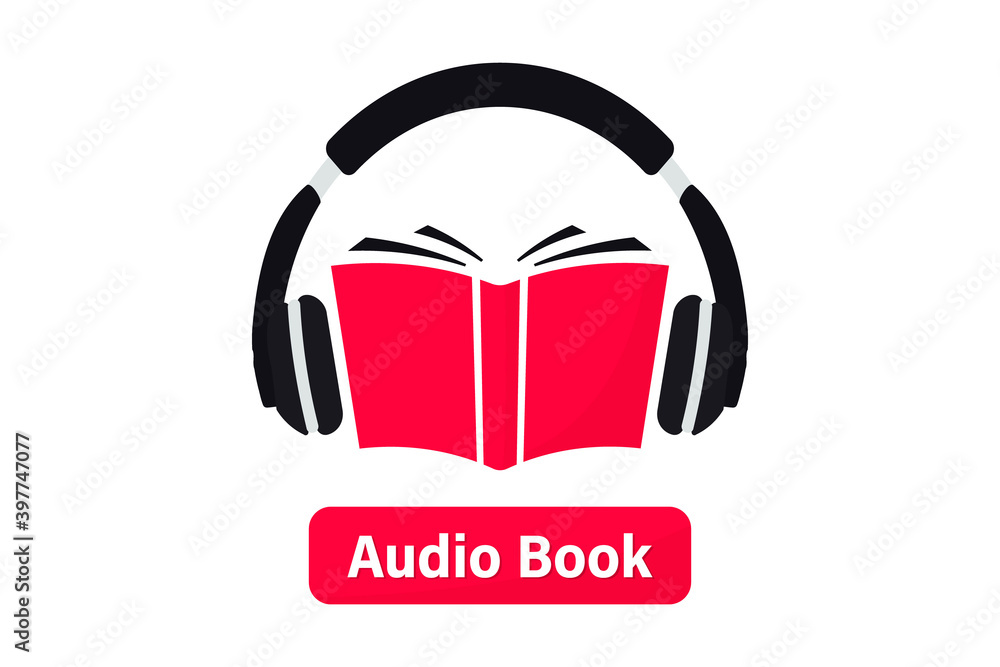Audio books and online education videos have transformed the ways in which people engage with learning and entertainment. These formats allow users to access knowledge and stories anytime and anywhere, making them increasingly popular in a fast-paced world. With the rise of digital platforms, anyone can explore a vast library of content that caters to their interests and enhances their understanding of various subjects.
Individuals often find that audio books online provide a convenient option for multitasking, allowing them to absorb information while commuting, exercising, or performing household tasks. Online education videos complement this experience by offering visual learning opportunities, making complex topics more accessible and engaging.
As the landscape of education and storytelling continues to evolve, both audio books and online videos present unique advantages that can enrich personal and professional growth. Exploring these two mediums reveals their potential to make learning more flexible and enjoyable.
Exploring Audio Books Online
Audio books provide a convenient way to enjoy literature, allowing listeners to “read” during commutes, workouts, or chores. Many platforms offer a wide selection, making it easy to find something for every interest. This section details the benefits of audio books, popular platforms, and how to access and use them effectively.
Benefits of Audio Books
Audio books have several advantages, including multitasking capabilities. Listeners can absorb content while engaged in other activities, making them a flexible option.
They also cater to varied learning styles. For those who retain information better through auditory means, audio books can enhance comprehension.
Accessibility is another significant benefit. People with visual impairments or reading difficulties can enjoy literature in an inclusive format. Lastly, many audio books feature professional narrators, adding an engaging layer to the storytelling.
Top Platforms for Audiobooks
Several platforms provide extensive audio book libraries. Audible is one of the most popular, offering a vast collection of titles across genres. Subscribers can download books for offline listening, adding convenience.
Google Play Books and Apple Books also offer audio book options. They provide a pay-per-book model without the need for a subscription.
Libby and OverDrive enable users to borrow audio books from local libraries. This option is cost-effective, allowing access to a variety of titles at no charge.
How to Access and Use Online Audiobooks
Accessing audio books is straightforward. Users can sign up for a platform like Audible or Libby through their website or app. Once registered, they can search for titles by genre, author, or popularity.
To listen, download the desired book or stream it directly via the app. Creating playlists and adjusting playback speed can enhance the experience.
Most platforms allow users to bookmark sections or take notes for later reference. Utilizing these features can deepen the engagement with the content and makes it easier to revisit favorite moments.
Leveraging Online Education Videos
Online Education Videos provide a dynamic way to enhance learning experiences. They combine visual and auditory elements, making it easier to grasp complex subjects. Understanding how to effectively use these resources can maximize their educational benefits.
Enhancing Learning Through Videos
Educational videos can simplify dense material through engaging visuals and narratives. They cater to different learning styles, making content accessible to a broader audience. For example, a complex scientific process can be illustrated using animations, helping viewers visualize concepts that text alone might not convey.
Additionally, videos allow for the pausing and replaying of content. This feature enables learners to absorb information at their own pace, ensuring better retention. Integrating interactivity within videos, such as quizzes or discussion prompts, can further reinforce learning and maintain viewer engagement.
Finding Quality Educational Content
Identifying high-quality educational videos is crucial. Resources like YouTube, Coursera, and Khan Academy provide structured content. Users should look for videos produced by reputable institutions or experts in the field. Checking ratings, comments, and subscriber counts can also offer insight into video reliability.
Using platforms with filters for educational content can save time in content selection. Some websites allow users to explore topics by category or educational level, facilitating more targeted learning. Creating a shortlist of preferred content sources helps streamline future searches.
Best Practices for Video-Based Learning
To maximize the effectiveness of educational videos, learners should set specific goals before viewing. Defining what they want to learn can create focus. Taking notes during the video can aid information retention and provide a reference for later review.
It’s beneficial to participate in discussions or forums related to the video material. Engaging with peers enhances understanding through shared perspectives. Scheduling regular viewing sessions can promote consistency and help integrate learning into daily routines.

